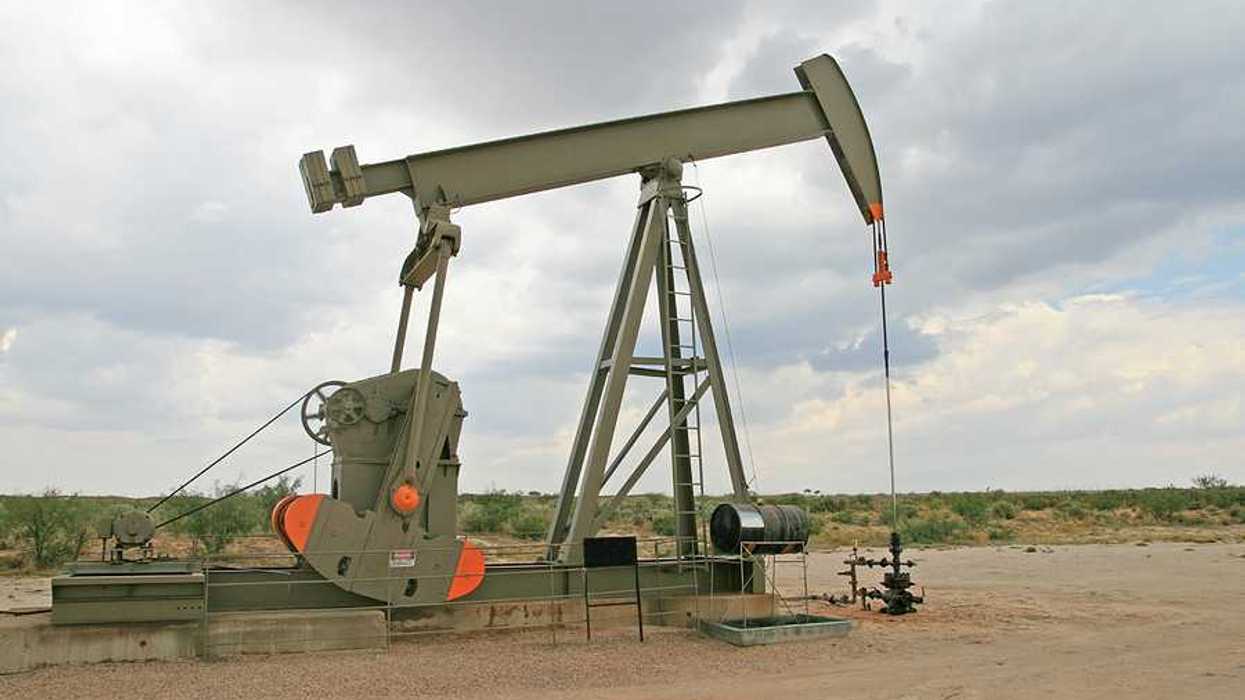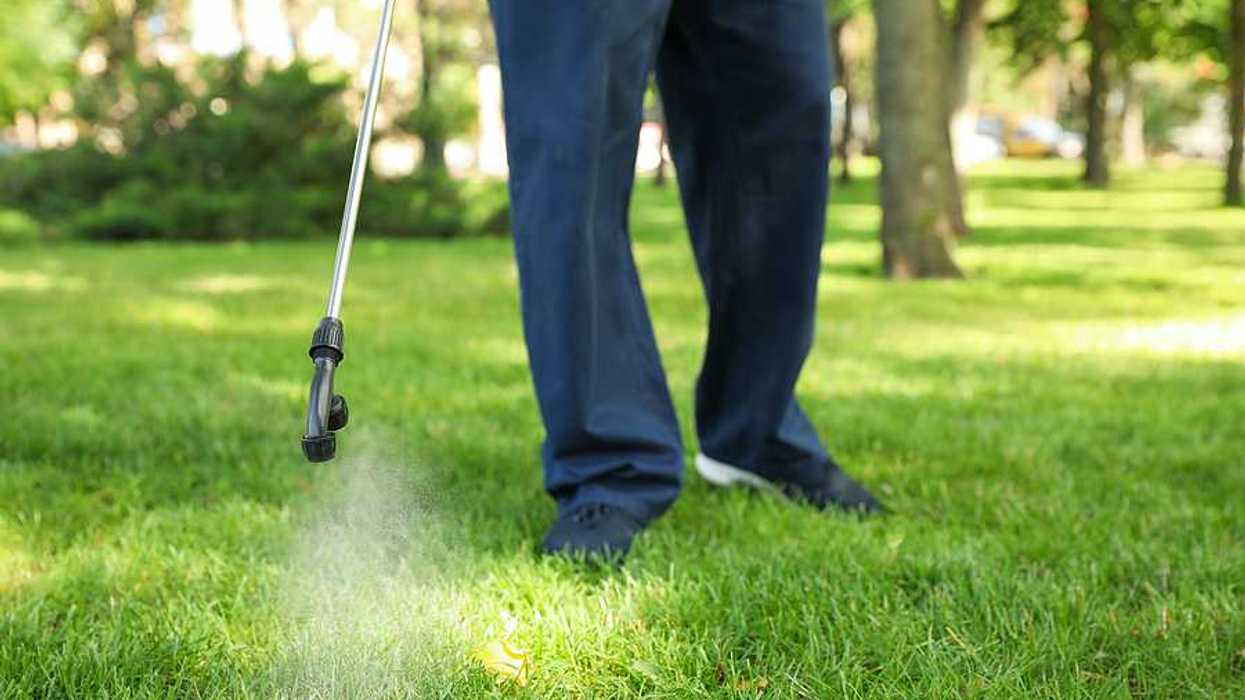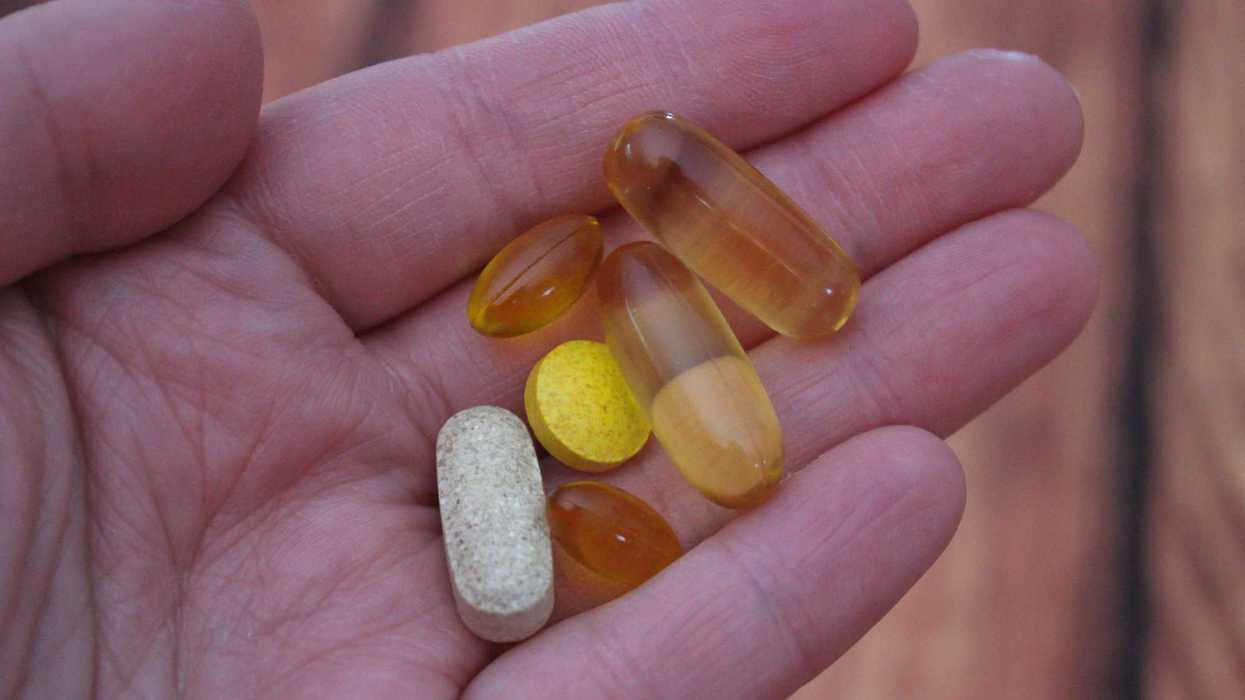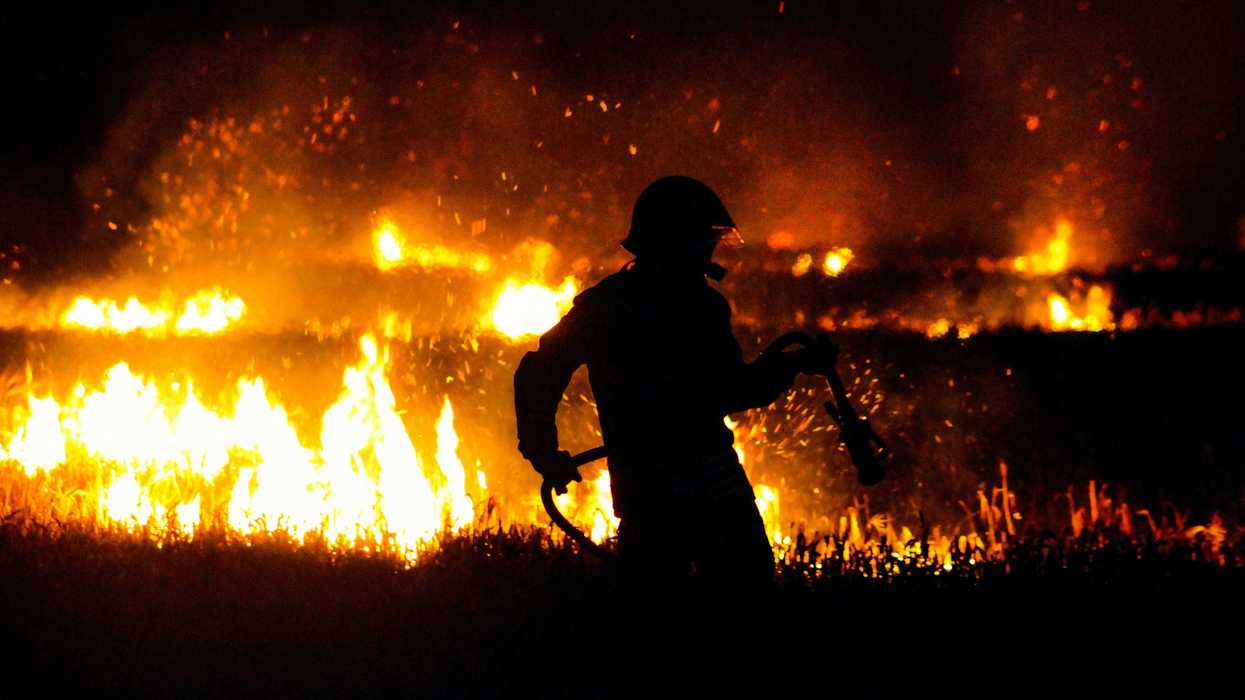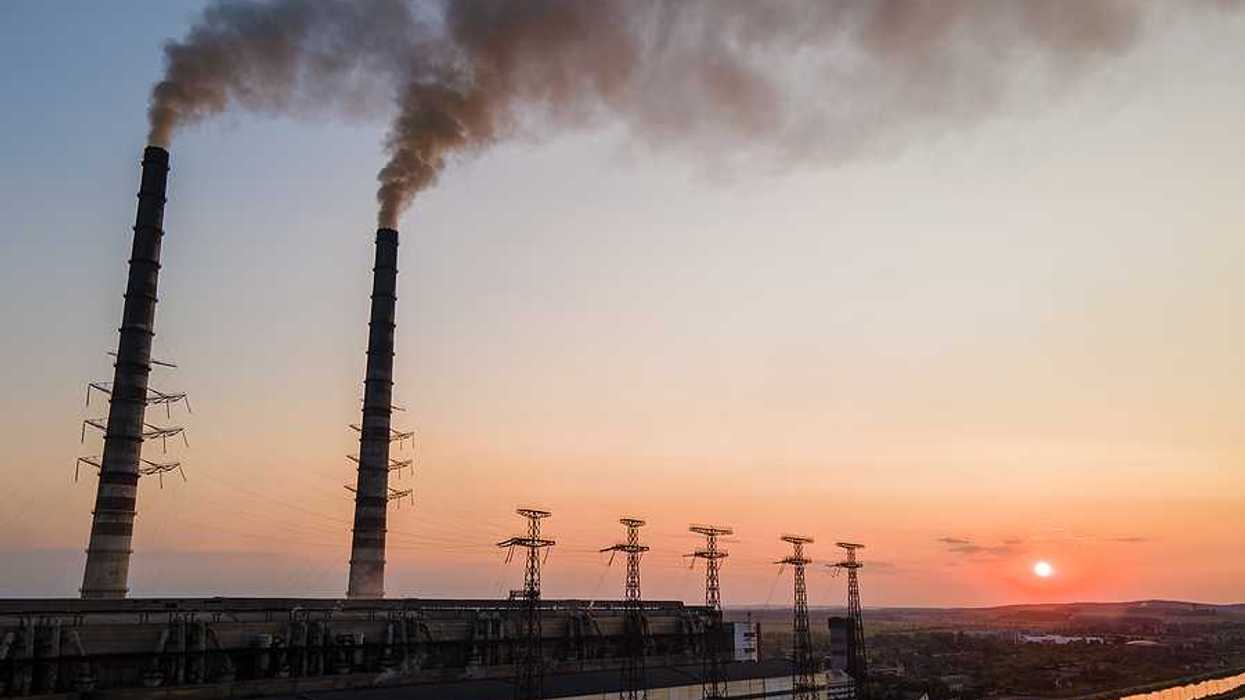Tens of thousands of residents in eastern France were told to stop drinking their tap water after tests revealed dangerous levels of PFAS, raising alarms about contamination across the continent ahead of tighter European Union regulations.
Phoebe Weston reports for The Guardian.
In short:
- About 60,000 people in the Saint-Louis area of France, including infants and pregnant women, have been ordered to stop using tap water due to PFAS contamination traced to decades of firefighting foam use at a nearby airport.
- Authorities detected PFAS levels in the water at four times the soon-to-be-enforced EU safety limit, but contamination was first identified as early as 2017, prompting accusations of government inaction and public mistrust.
- Researchers warn that the Saint-Louis case may signal similar crises across Europe, with over 2,300 sites already exceeding upcoming PFAS limits and potential health and ecological impacts not yet fully assessed.
Key quote:
“I find it scary. Even if we stop drinking it we will be exposed to it and we can’t really do anything.”
— Sandra Wiedemann, resident of Buschwiller
Why this matters:
When PFAS chemicals contaminate water supplies, as seen in France, Italy, and Belgium, they quietly build up in people’s bodies and local ecosystems. Wildlife suffers as well: Alligators in North Carolina show chronic wounds, sea turtles are producing fewer hatchlings, and Arctic seals are experiencing thyroid problems. With more than 23,000 European sites showing contamination and EU limits taking effect in 2026, the issue is escalating from isolated incidents to a continent-wide public health and environmental emergency.
Related: The hidden cost of Europe’s battle against PFAS contamination



